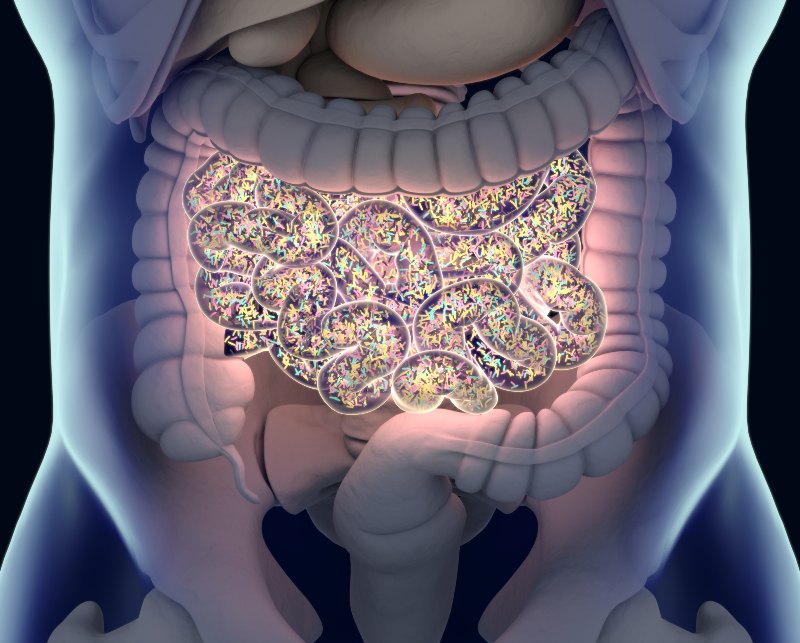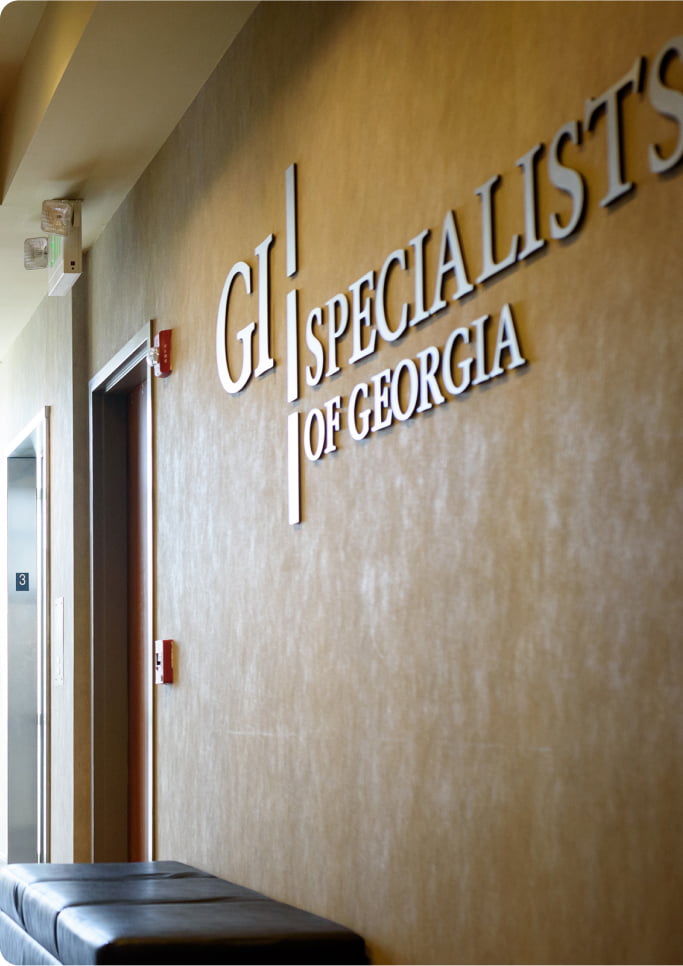Overview
Gastroesophageal reflux disease (GERD) happens when stomach acid or stomach contents flow back into the esophagus (tube connecting your mouth and stomach). This backwash (acid reflux) can irritate the lining of your esophagus.
Most people can manage the discomfort of GERD with lifestyle changes and over-the-counter medications. But some people with GERD may need stronger medications or surgery to ease symptoms.
Learn More about GERD
Schedule an Appointment with Our Atlanta-Area Gastroenterologists
Whether you’re here for an endoscopic ultrasound or a colonoscopy, we will treat you with the utmost respect and dignity. Our gastroenterologists in the Douglasville and Northwest Atlanta area believe in the importance of educating our patients on a variety of health topics, ranging from anemia to gastrointestinal infections, cirrhosis of the liver, and pancreatitis. To schedule an appointment with one of our board-certified gastroenterologists, please contact GI Specialists of Georgia today.
"*" indicates required fields


